On his debut album, Lost Ones (out now), Chase McDaniel is wearing his heart on his sleeve and putting his life front and center. The country singer pulls back the curtain of his world to share his battles with depression, the loss of his father to addiction, being raised by his grandparents, and the moment he tried to end his life.
Videos by American Songwriter
“It wasn’t that I ever wanted to die, it was that I didn’t want to feel like this anymore,” McDaniel tells American Songwriter. “I didn’t want to feel so miserable anymore. And I thought that ending my life was the only way to exit that misery. If I could go back and talk to that kid again, I would say, ‘Imagine what it will be like not to have to feel like this anymore, not because you’re dead, because you won.”
The 12-track project, produced by Lindsey Rimes, combines McDaniel’s authenticity and honesty, turning personal stories into songs that resonate. Tracks such as “Burned Down Heave,” “Made It This Far,” “Before I Let You Go,” and the title track showcase McDaniel’s vulnerability and his need to help others going through their own struggles.
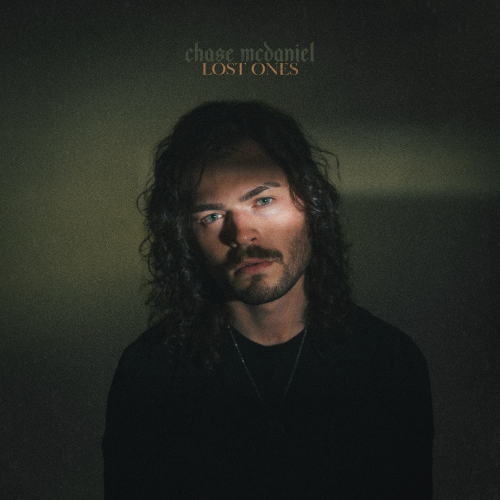
“Although the album is deeply autobiographical, it’s not about me,” McDaniel tells American Songwriter. “I go on stage in front of the people who have found my music and connected with it. I see a lot of commonalities, and I hear a lot of common stories. I think this album is far more for them than it ever was about me. It has just given me the reason to make it. It’s hard to be vulnerable; it’s hard to throw your stuff out there. I don’t want to. These wonderful fans have given me a reason to.”
On Lost Ones, the Kentucky native not only reveals his story but gives listeners a space to recognize their own. We sat down with McDaniel to talk about the making of the album, the struggles he faced growing up, and how he fought his way through to the other side.
American Songwriter: You’re very vulnerable on this album, Lost Ones. How is putting it all out there for people to listen to?
Chase McDaniel: Hard. I don’t like being vulnerable. I think if someone were to see how I present myself on stage, on social media to the fans, and in my music, they would think, ‘Well, this is just, this guy likes being vulnerable.’ No, I don’t. I hate it. It’s hard. It requires going back into the dark, over and over and over again, and that’s not fun. But I have a mission that I feel is laid upon my life, that it’s a purpose for me to keep doing that because it might help somebody else. I struggled for a long time and had no lifelines. I had nobody to talk to. I had no mentors who had experienced this specific thing, and I craved for that. And so I thought if I could be that for someone else, that it might make a difference.
AS: Tell us about Lost Ones.
CM: I’m sharing those deeply personal stories, struggles of mental health, struggles of addiction. Growing up in a home that had been marred by addiction. I was raised by my grandparents. I watched them lose a son to an overdose, and they gave me everything that a kid should have: unconditional love. They taught me to be curious and go chase my dreams, and I ran with that. But that being said, the home was just bombarded with grief. And so, I didn’t know, growing up in Greensburg, Kentucky, what things like depression and anxiety or any kind of psychosis, anything like that, I didn’t know what that was. So when it struck my mind and it took over my life, it was a shock to my system, and I didn’t have any resources on where to go. So I was taught to be a tough guy, and I kept it in as long as I could until I self-destructed.
AS: Talk about the album title. Why did you want to call it Lost Ones?
CM: It’s a great question. I think at the end of the day, although the album is deeply autobiographical, it’s not about me. When I go on stage in front of the people who have found my music and have connected with it, I see a lot of commonalities and I hear a lot of common stories, and I think that this album is far more for them than it ever was about me. It has just given me the reason to make it. Like I said, it’s hard to be vulnerable. It’s hard to throw your stuff out there, and I don’t want to, but these wonderful fans have given me a reason to. And I think Lost Ones kind of came to me. I don’t know where it came to me.
I had this title in my book called The Lost Ones Always Find Me. I didn’t know what it was about yet, but I just kept hearing this familiar story over and over again that seemed to deeply resonate with me. And I think until I embarked on this journey of sharing my music with other people, I thought maybe I’m the only person in the world who’s ever felt like this. And I was just proven wrong over and over again. So, instead of just me being the lost one, I think we are the lost ones, which is kind of how it ended up.
AS: You’ve shared a story about a moment you almost took your life. Today, what advice would you give to your younger self, who was dealing with that?
CM: There are so many things I would say to that kid. I would try to remind him of his strength. I think at that point, anytime that somebody’s at the point of wanting to end their existence, and this might just be me, but I’ve talked to several people who felt the same way. It wasn’t that I ever wanted to die. It was that I didn’t want to feel like this anymore. I didn’t want to feel so miserable anymore. And I thought that ending my life was the only way to exit that misery. When you feel like that for so long, it just wears you down, your strength. It feels like you get weaker and weaker over time. But I think what was actually happening is that I was becoming stronger and stronger every day that I stood up to fight.
And so, I think that if I could go back and talk to that kid again, luckily, I don’t have to; there was somebody who was able to do it for me, and he did it way better. He just grabbed me, made sure I was safe first, and then talked to me later. I think that was probably the best thing to do. But I would say, ‘Imagine what it would be like to not have to feel like this anymore, not because you’re dead, but because you won, you beat this.’ And at the time, I didn’t think that was possible. I thought my brain was just so sick that there was no way to ever feel normal again. Now I know that to not be true, but when you’re in it, that feels irrational to think that way.
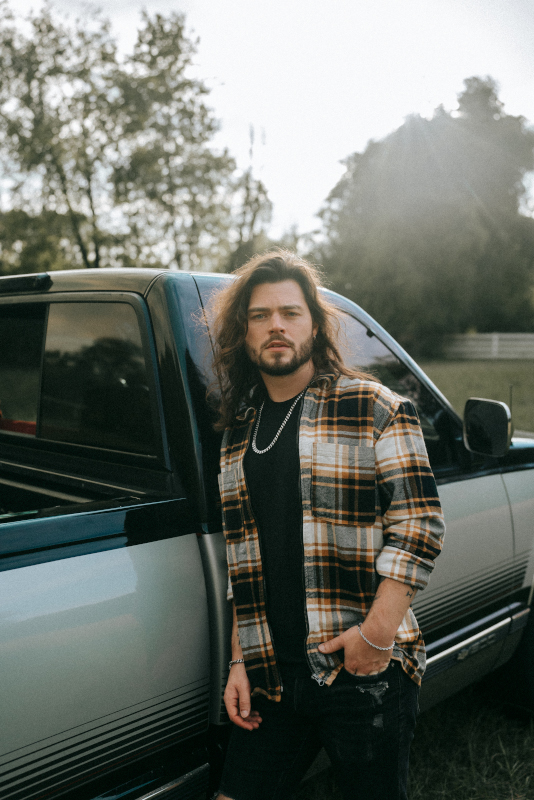
AS: You have said that a Danny Gokey song, “Hope in Front of Me,” helped you get through that time. In what way?
CM: It’s signing up for life. When I was pulled back over and in the moment, I just had this conversation with God, and I didn’t even know if I believed in anything anymore. Life had felt so unreal for so long, and I had tried to connect, but there was just nothing. There was just, over and over again, just darkness. And it was the first time being seen because I had never spoken up about it. I had never talked about it. This was the first time in life that maybe somebody had ever met me where I was. And so after that moment, it’s like, ‘Okay, do I have to do this? Do I have to get up and fight again because I don’t feel like it anymore? I don’t want to, but I think I have to sign up for living.’ And that means I have to sign up for hope, and it means I might have to get my dreams crushed again.
I was kind of dropping in and out of school because I couldn’t make the grades. I was going into classes. I was having panic attacks. I was putting C for every answer on a test, just running out. I was in and out of the hospital. So I was crashing at my grandparents’ place, just driving back and forth to go to school for an hour and a half, every day, just to take a test. I found that Danny Gokey song on the radio, and I pulled over to the side of the road and said, ‘Okay, I’m going to give it a shot. Let’s sign up.’ I downloaded it and I would put it on repeat, and it just played nonstop until I got to school and on the way back for an hour and a half, every single day. It was like the only thing that allowed me to have a moment to breathe, because when you’re in it, you’re in it. It’s like nobody can pull you out of it. You can’t pull you out of it. It was kind of just music. And for a while, it was just that song. And it’s been my dream to be that song for somebody else ever since those moments.
AS: Discuss the process of going into the writer’s room and being so vulnerable with others.
CM: That’s a great question, and I have actually, probably a surprising answer. It’s that I don’t even like being that vulnerable in a writing room. If you can imagine, as a man who grew up in the south, it’s not easy, especially to go to other men and just vomit out everything that you’ve experienced. And so I think actually, what’s easier for me is to just pursue the poetry of the lyric and then just have it be a really fun room. And kind of explain that this is my brand, this is what I’m going for, this is a little bit of what I’ve been through, I try not to bring the room down, because it’s really easy to bring that room down. I try to keep it light and fun because the songs are heavy. I think at the end of the day, my brain is going to go there no matter what. I need people who also keep it light to keep me back in reality.
AS: Is there anything on that album that you revealed that you’re maybe having second thoughts about?
CM: Yeah, I mean, there were some things that I was worried that I shared too early. There’s a song in the album called “What I Didn’t Have” that was just about my grandparents and them taking me in. Just the confusing dynamic of taking my dad’s room, after he passed, and being called by his name for all those years, and just this silent, quiet house that was yet filled with love and grief at the same time. Here I was being raised in it, and so I had suffered a loss. They had suffered a loss, but we had each other. And so, that’s really the deep part of my story, my childhood that left a lot of scars. I was worried that it was too early to share that story. But also, my grandparents are still around. They’re 83 years old, and I was really desperate for them to hear that song, for them to know how much they meant to me, that they made all the difference. The reason that I’m here having this interview with literally my dream, American Songwriter, right now, is because of their faith in me, their consistency, and their love. I played it for them. I went back home.
AS: I was going to ask if they’ve heard it?
CM: Yeah. Well, I played it for them acoustically. I just brought a guitar back home one weekend, and it was this crazy healing moment where we all just cried and hugged. I’ve seen my grandpa cry maybe twice in my whole life. And yeah, it helps. I don’t know how much I can say other than that it helps a lot. They’re the best grandparents in the whole world. And anybody else who says that is a liar. They haven’t met mine. I got to take them to my Opry debut last year, and it was just, it’s crazy.
I mean, these are the people who introduced me to music. My papaw sang bass in a gospel quartet, and I grew up in the middle of nowhere in Kentucky. In Kentucky, people think that I just grew up around bars and live music, Appalachia, and it’s like there actually was none of that. We grew up in a dry county, so there was no booze. And so, my exposure to live music was exclusively through the church. And so, my early years were just bluegrass country gospel.
AS: Share the story behind “Before I Let You Go,” a song about your dad and the last words you said to him. (My last words / I said, “I hate you” / But I didn’t mean it)
CM: I still listen to that song and cry. That sounds so weird that I wrote the song and I hate to admit that I listen to some of my own songs sometimes, but it’s jus—sometimes it’s the only place I can hear it. And yeah, it hurts because I saw him for a summer when he was sober. I got to live with him when he was sober. I got to experience my dad as a sober man for a while, and he was the best dad in the world. I mean, we were going to the park every day. We were throwing football, going to the batting cages.
And I was like, ‘Man, I want to be with my dad all the time. My dad’s the coolest guy in the world.’ I also watched him relapse over and over again. And when he got really sick towards the end of his life, he was in the final stages of addiction. So I watched the hallucinations, I watched the schizophrenic behavior. I watched just like, ‘Who is this?’ It was hard to be around him. It was hard for anybody else to be around. I think I wanted him to know the damage that he had caused, and I wish I hadn’t said that. I think if I had known, I would’ve never have said it. If I’d known this was the last.
AS: What did you learn about yourself writing this album?
CM: I think I learned more clearly just the voice that I want to be to my audience. I think I learned more clearly the voice that my audience wants me to be. I learned to just be honest and trust. I think you get caught up in, everybody in this town is chasing a dream. They moved here with whatever resources they had to go all in on something that mattered to them. If you do it in a competitive way, that just leaves you feeling empty, with a void in your chest. It can leave you feeling like you’re not good enough anytime something doesn’t work the way that you think. I think with the completion of this album, I’m just not going to let anybody tell me that I’m not good enough. I’ve heard it, and I think it’s badass. I think the reason that I made it was badass, and I think the reason that I’m doing what I’m doing is awesome. That being said, I’m kept humble all the time (laughs). But I try to just keep the blinders, honestly, as true to myself as I possibly can.
Watch the full interview with Chase below and check out Lost Ones, out now.
Photos by Robby Stevens


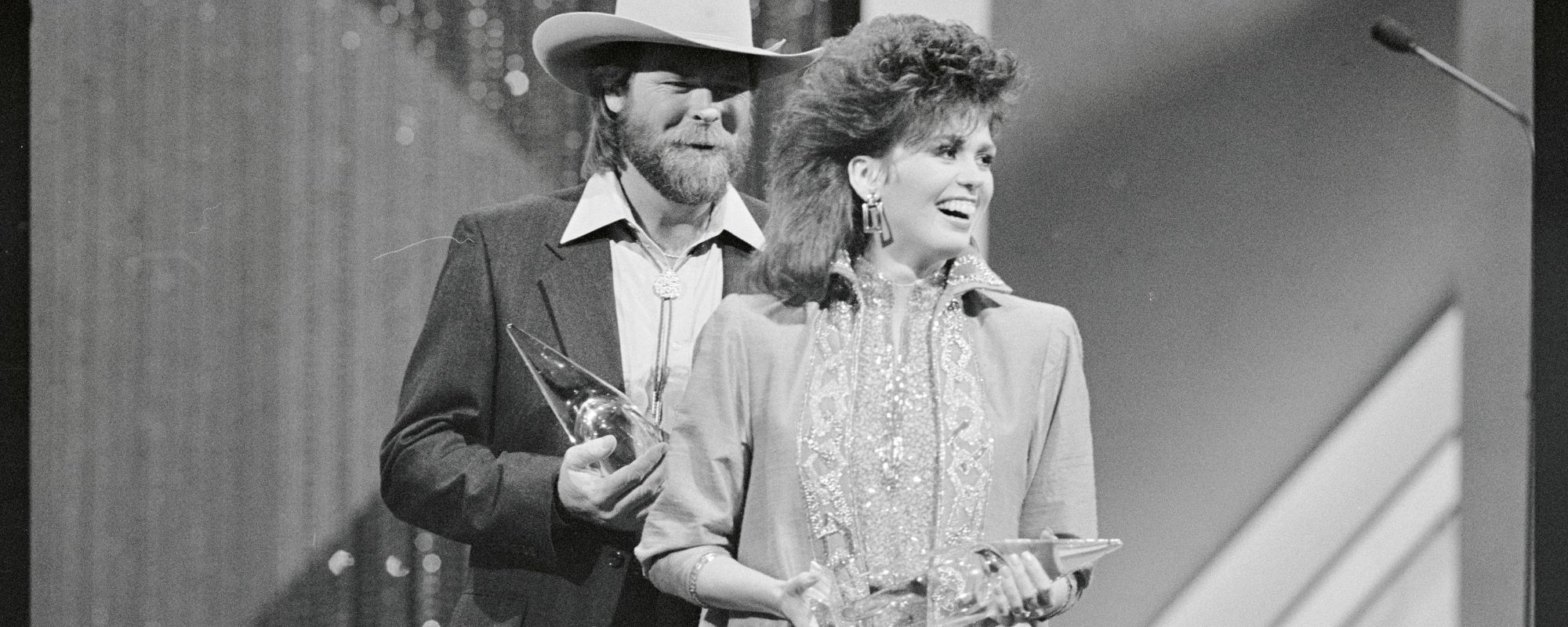

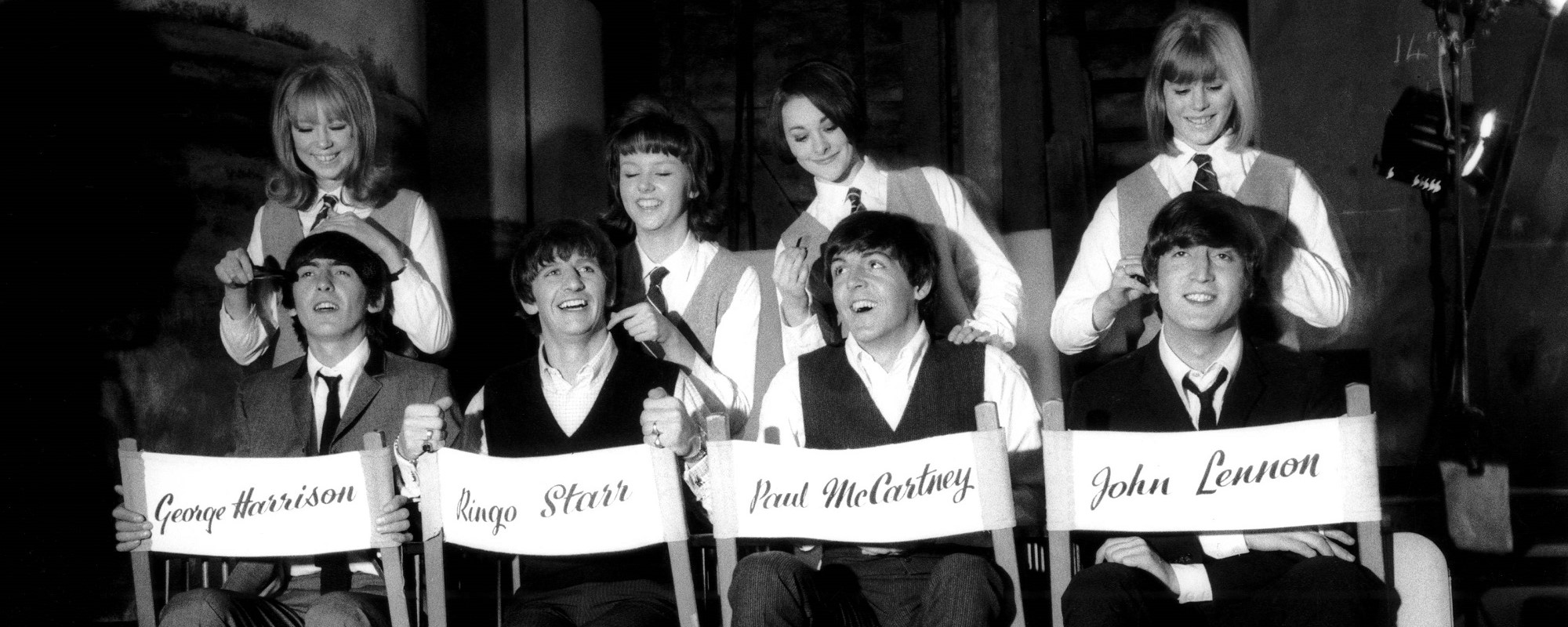
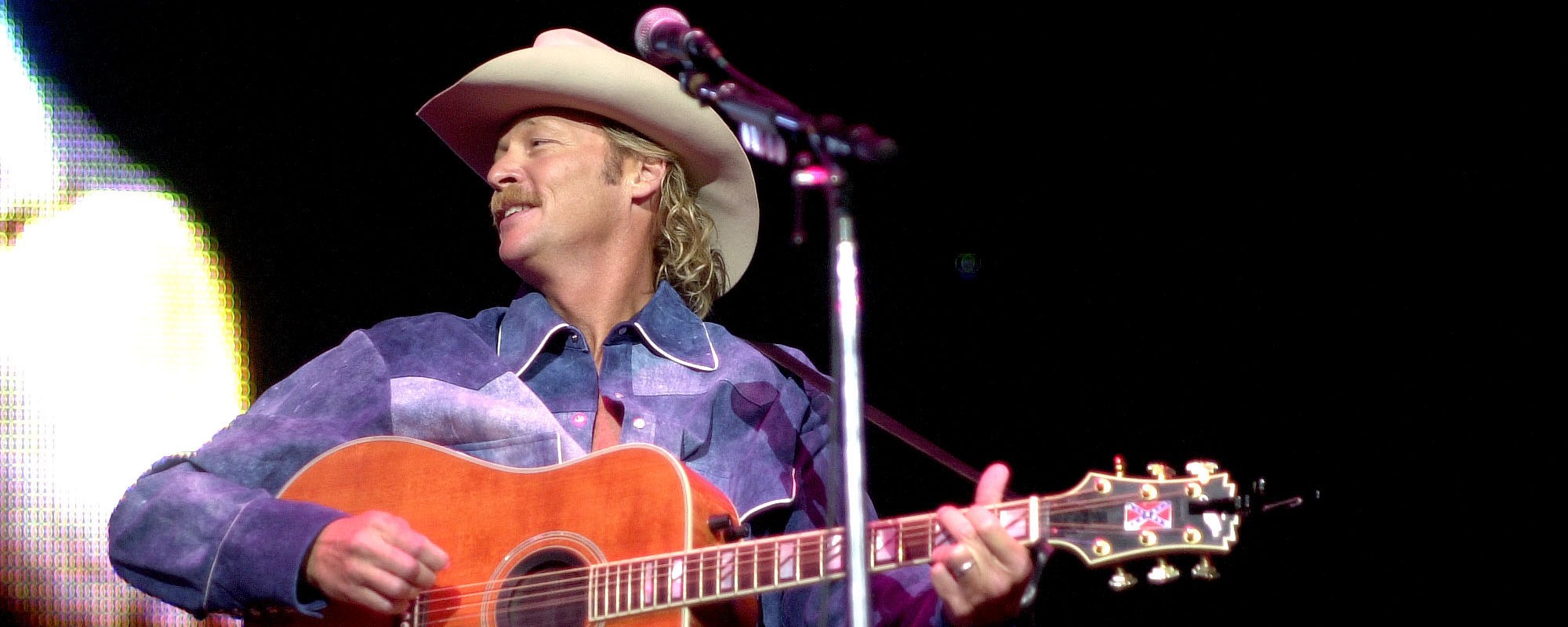

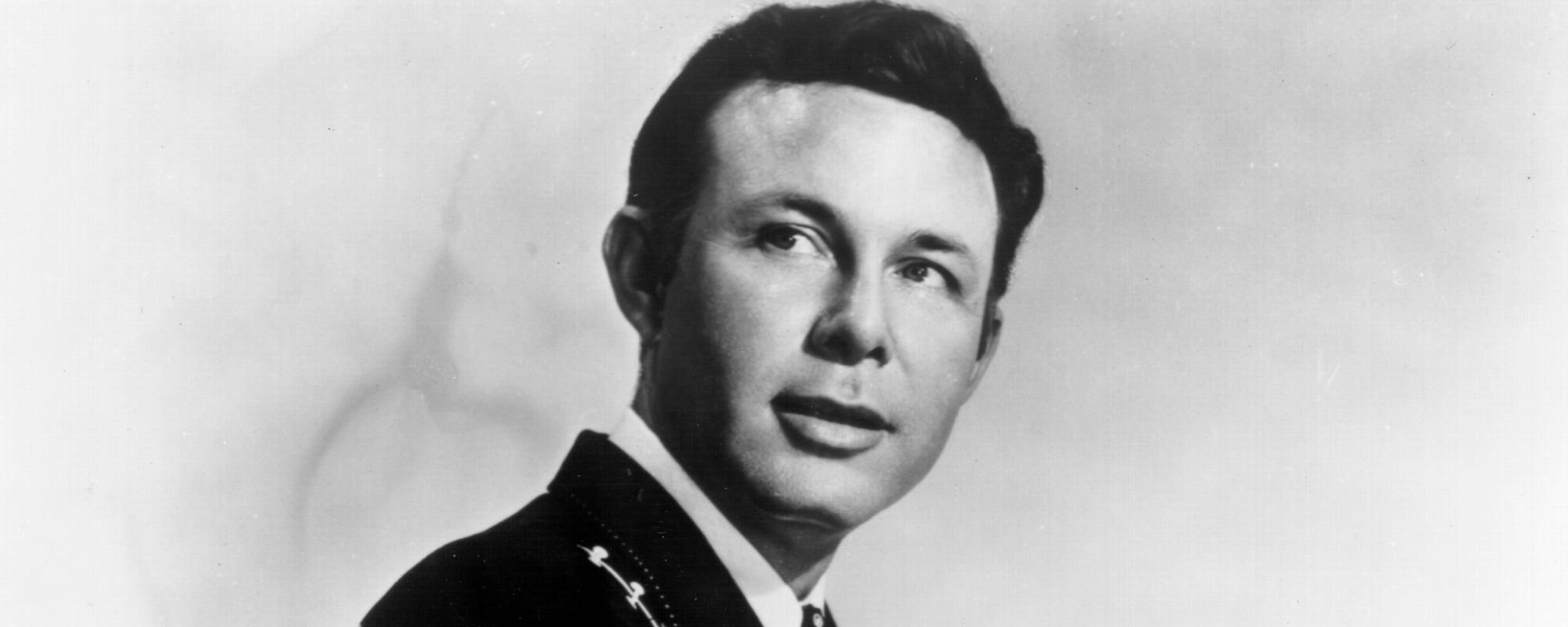
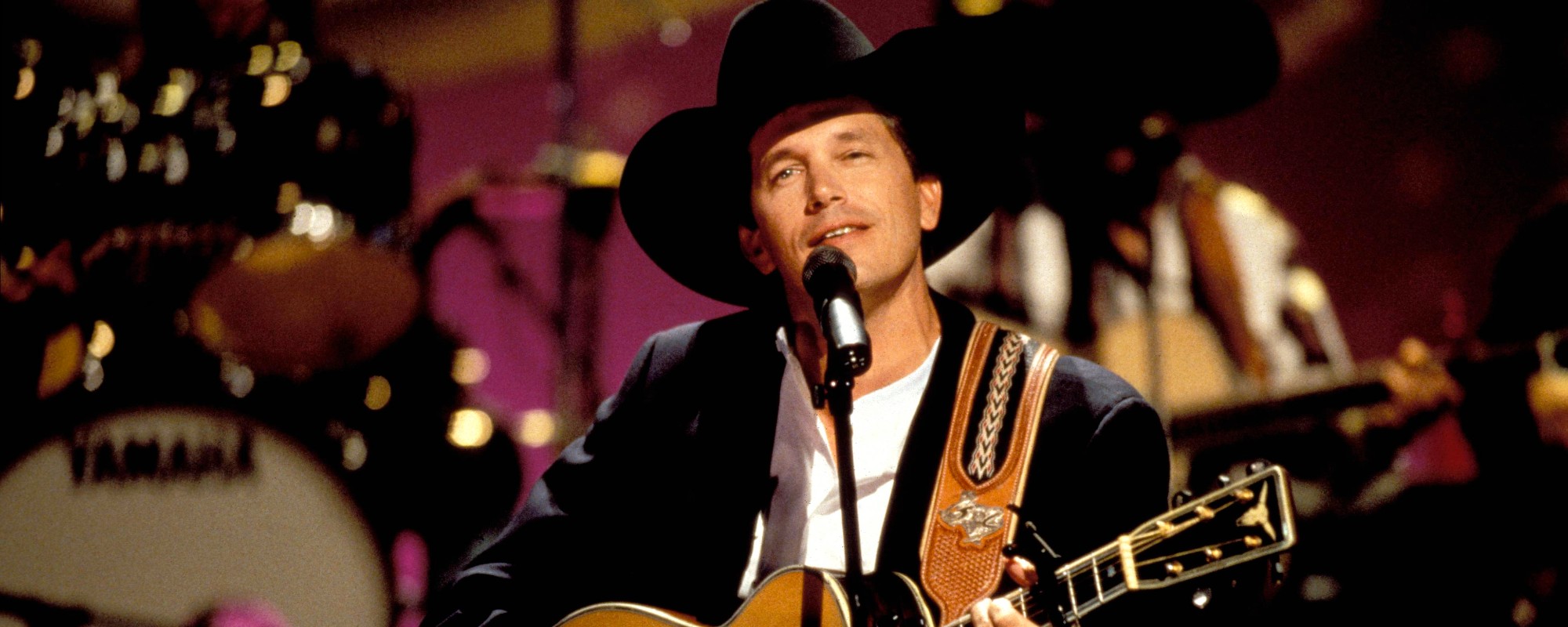
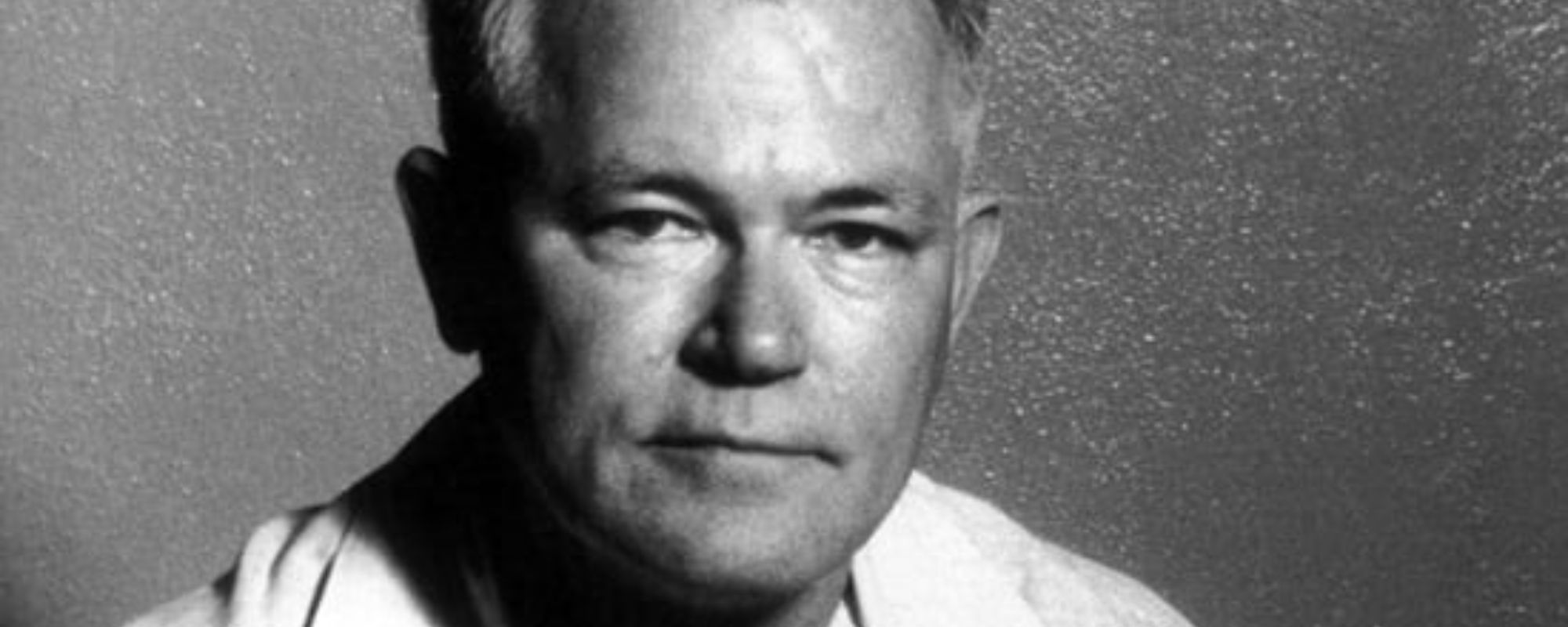
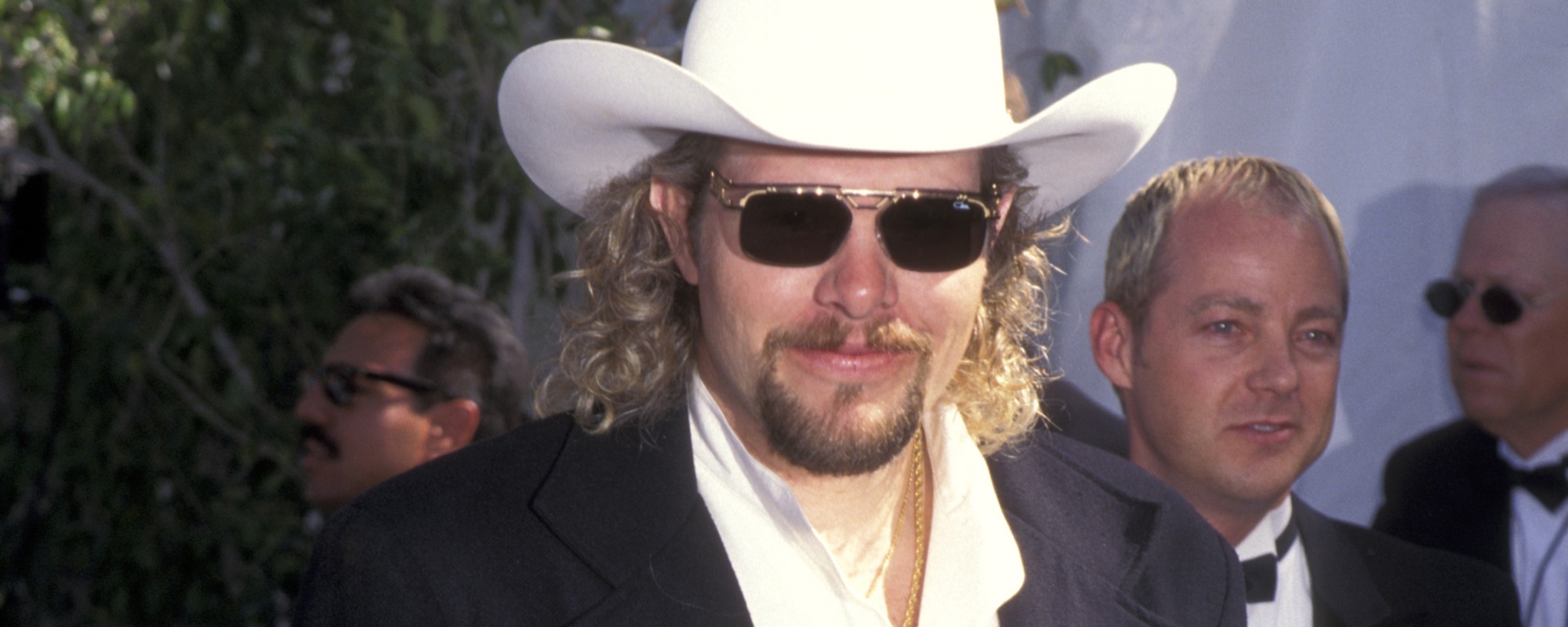
Leave a Reply
Only members can comment. Become a member. Already a member? Log in.